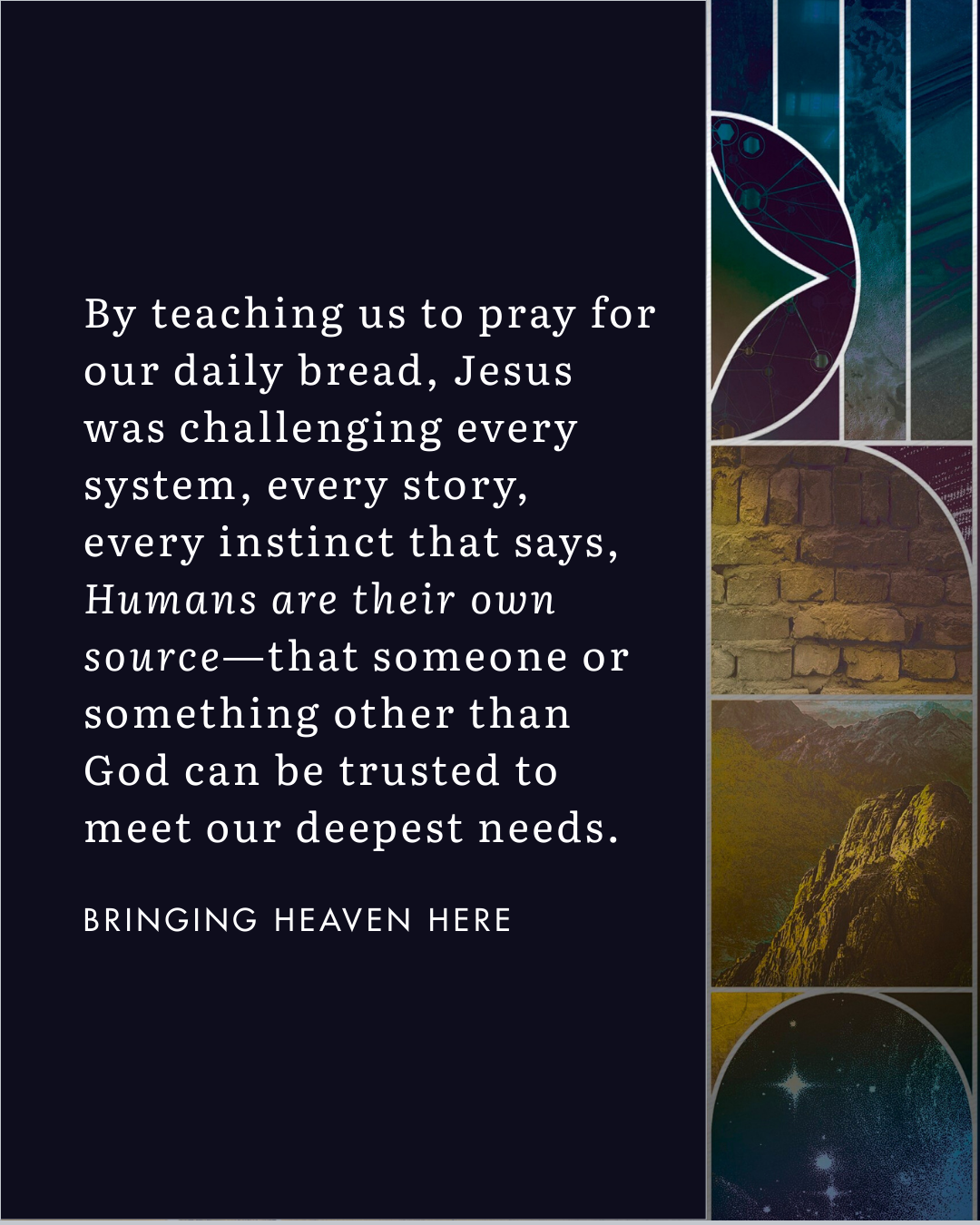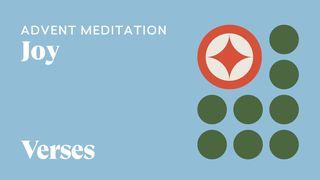Understanding the Original Context of the Lord’s PrayerSample


Historical Context
The Lord’s Prayer begins with the words, “Our Father.” For us, that sounds familiar—even comforting. But in the 1st Century, it was bold, even dangerous. In the Roman Empire, Caesar claimed the title pater patriae—“father of the country.” To call God Father was not just intimate; it was defiant. It was a way of saying Caesar is not ultimate. God is.
One of the ways Caesar acted like a father was through the Annona, a daily grain allowance for Roman citizens. But Rome didn’t grow enough grain for itself. It filled its storehouses by stripping grain from the lands it conquered—especially Egypt and Judea. Caesar fed some of his children by taking from others. Jesus, by contrast, taught his followers to pray to a Father whose kingdom doesn’t exploit, but provides. A Father who gives daily bread not by extraction, but by generosity.
This is where context matters. These were real people, in real places, living under the heavy hand of the Roman Empire. The Gospel writers rarely stopped to spell that out—they assumed their audience already knew the world behind the words. Historical context roots us in that reality and helps us see the sharp edge of Jesus’ teaching: praying to God as Father was not only intimate, it was also subversive.
In the Roman world, dependence on Caesar meant living under his thumb. The grain allowance reminded people who held the power. But Jesus reframes dependence—not as control, but as freedom. To pray for daily bread is to trust a Father whose generosity doesn’t exploit, but sustains.
For Jesus’ audience, bread was survival. Most lived day to day, working for a single denarius that could buy just enough food for the family. No savings account. No safety net. That’s the radical trust Jesus was inviting when he told them to ask God for daily bread.
Context changes everything. Instead of hustling to secure more and more, the Lord’s Prayer calls us back to the basics: Father, give me what I need today. It’s a posture of trust that reshapes our striving, softens our fear, and frees us from confusing provision with control.
Father, tune my heart to your kingdom today. Remind me that you’re the kind of Father who provides not through exploitation but generosity.
Scripture
About this Plan

The Lord’s Prayer is the most well-known prayer in human history—but that familiarity can work against us. We assume we already know what it means, and in doing so, we miss the depth and power Jesus intended. In this six-day plan, you’ll rediscover the prayer through six lenses of context—history, geography, culture, language, literary design, and visual backgrounds—that open up its original meaning. As you explore these dimensions, you’ll see how this ancient prayer is not just words to recite but an invitation to step into Jesus’ mission of bringing heaven to earth.
More
Related plans

Advent Meditations: Joy

Where Can I Find Wisdom? Film + Faith

What the Bible Says About Christmas - 31 Days of Meditations

Hearing God Through the Christmas Story

Formed by the Game: 30 Days of Seeing God in the Liturgies of Sport

More Than a Name

14 Days in the Company of Elijah

Three Years in 30 Days: Jesus' Life and Mission

How to Keep Your Head on Straight in a World Gone Crazy
